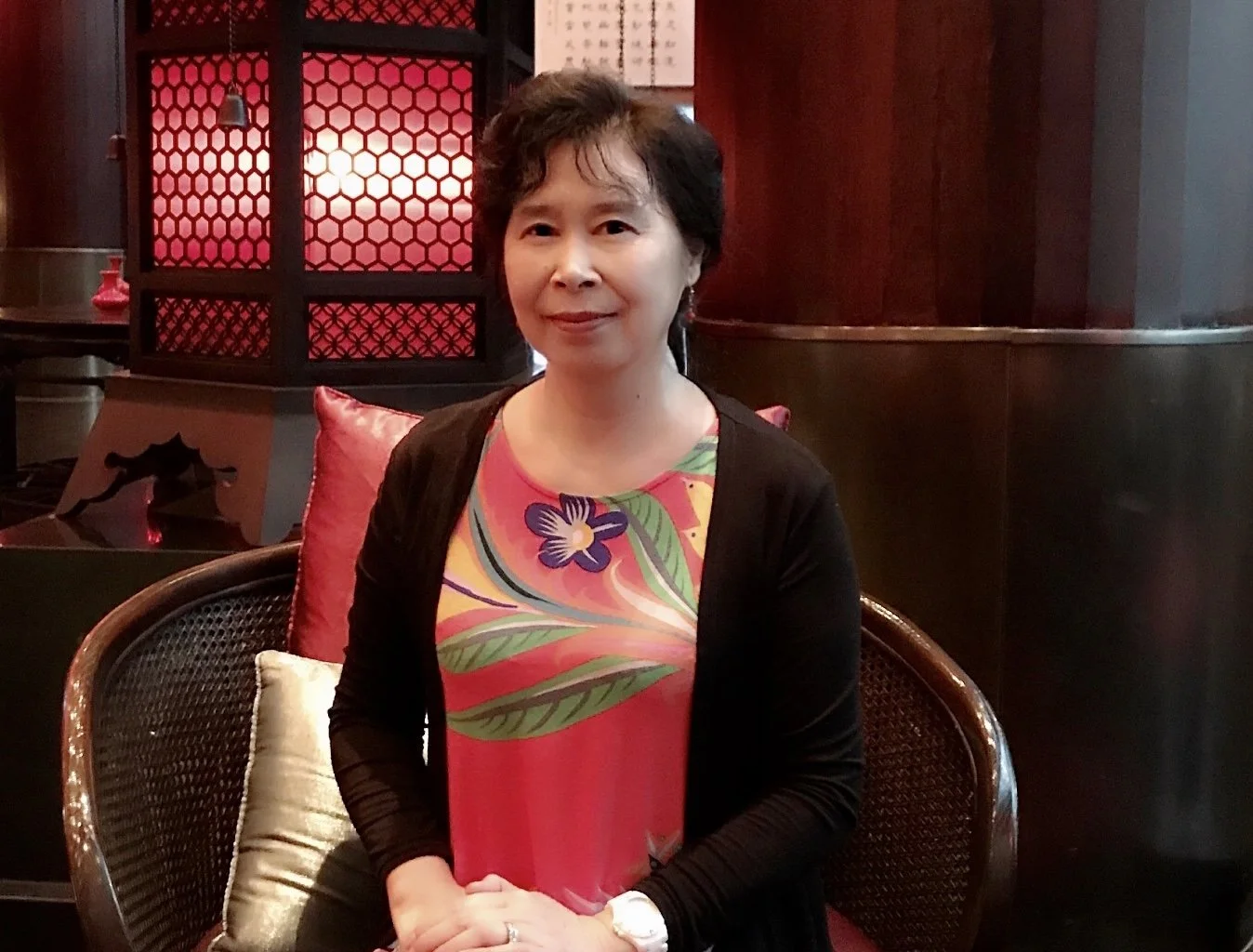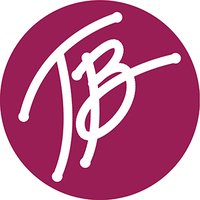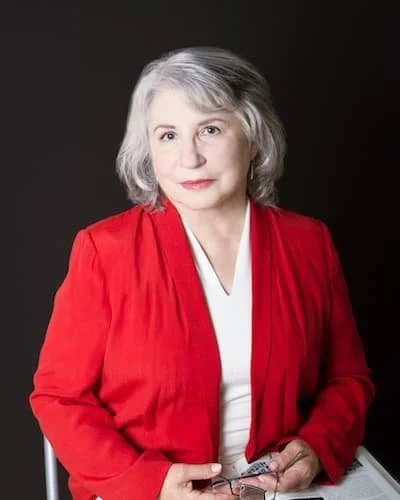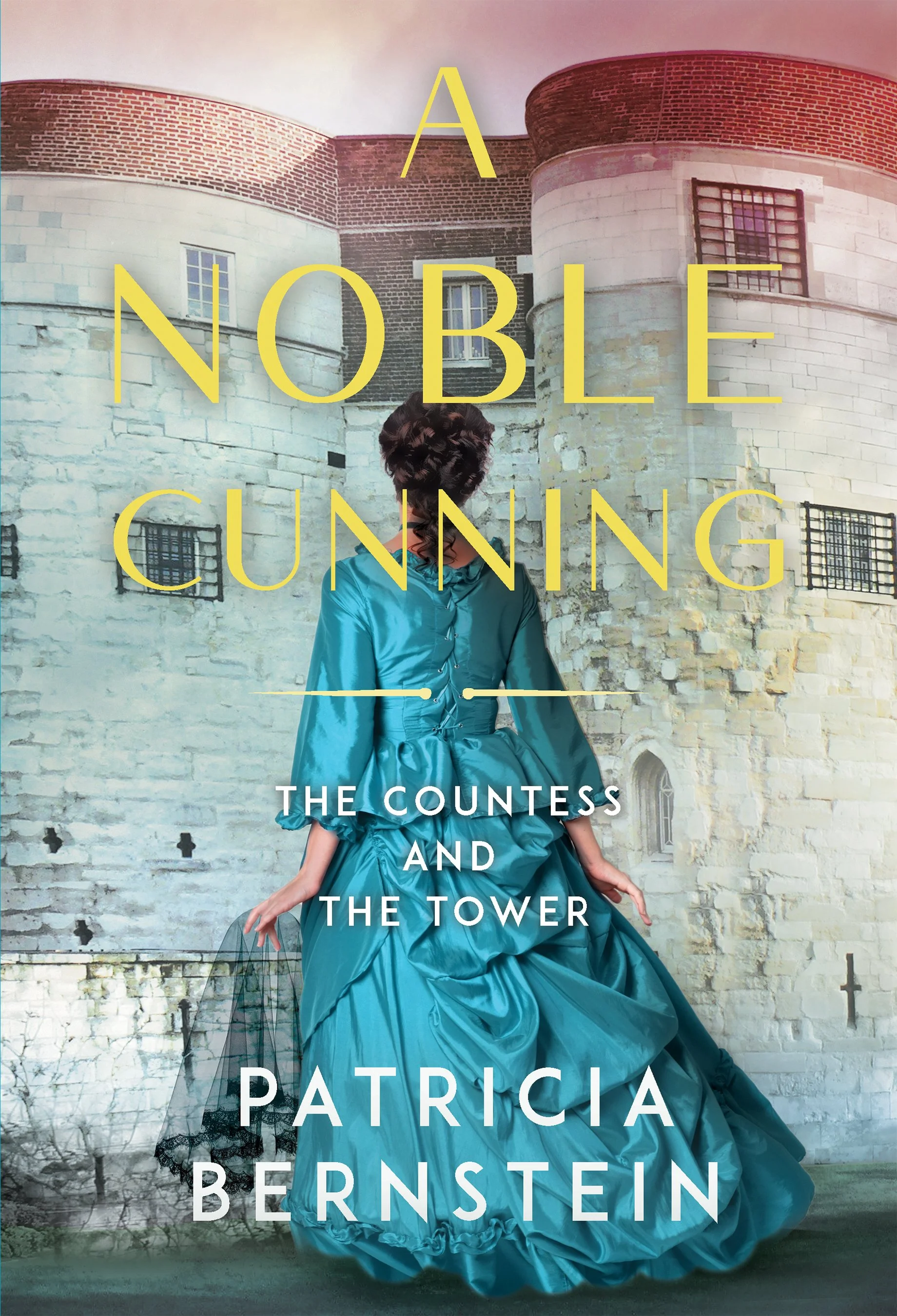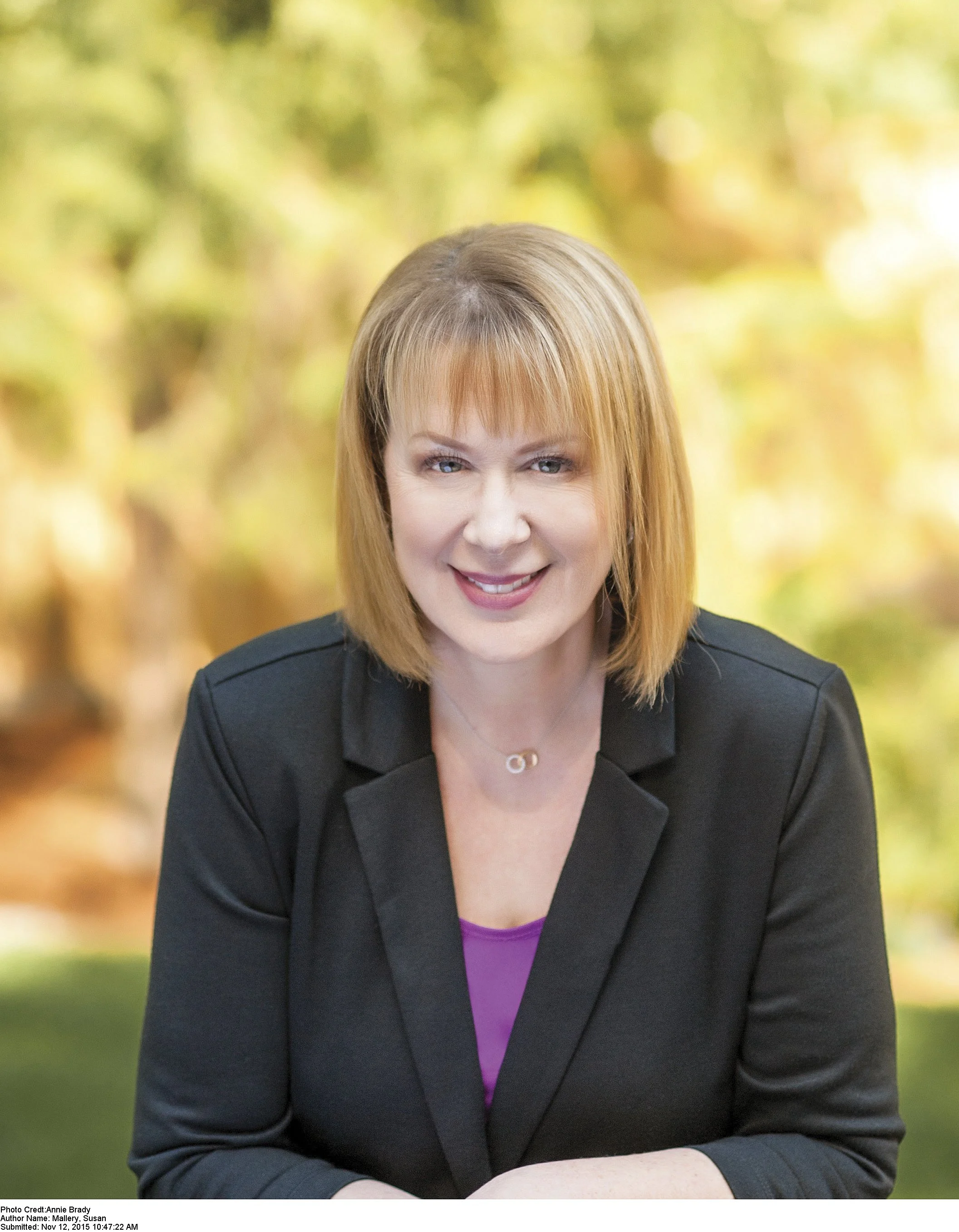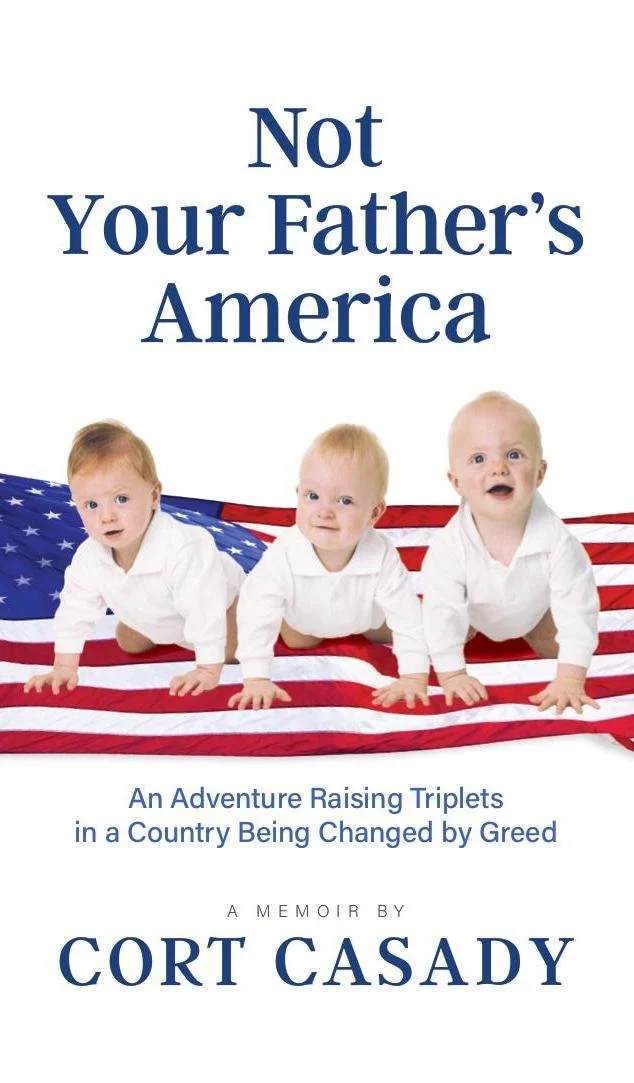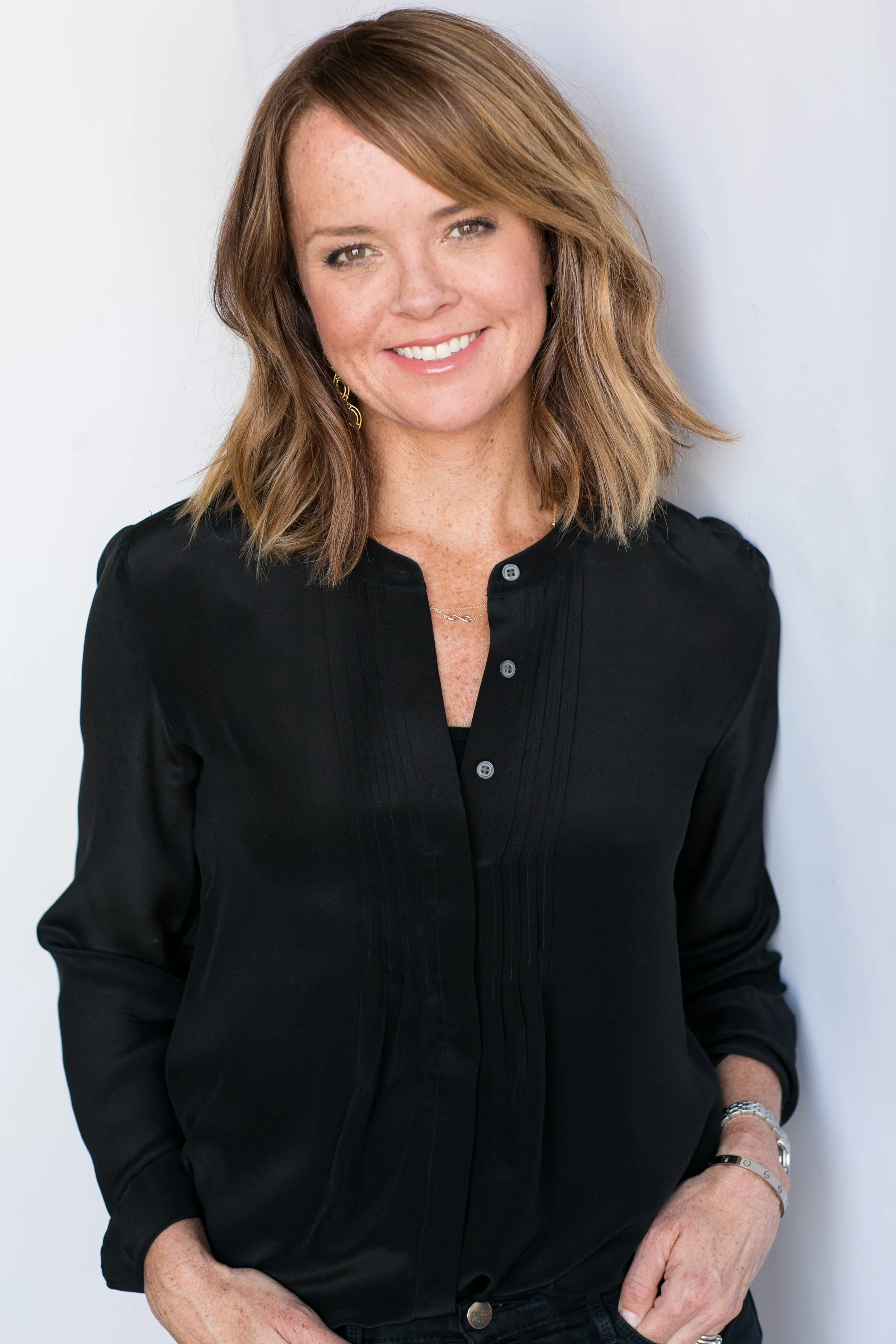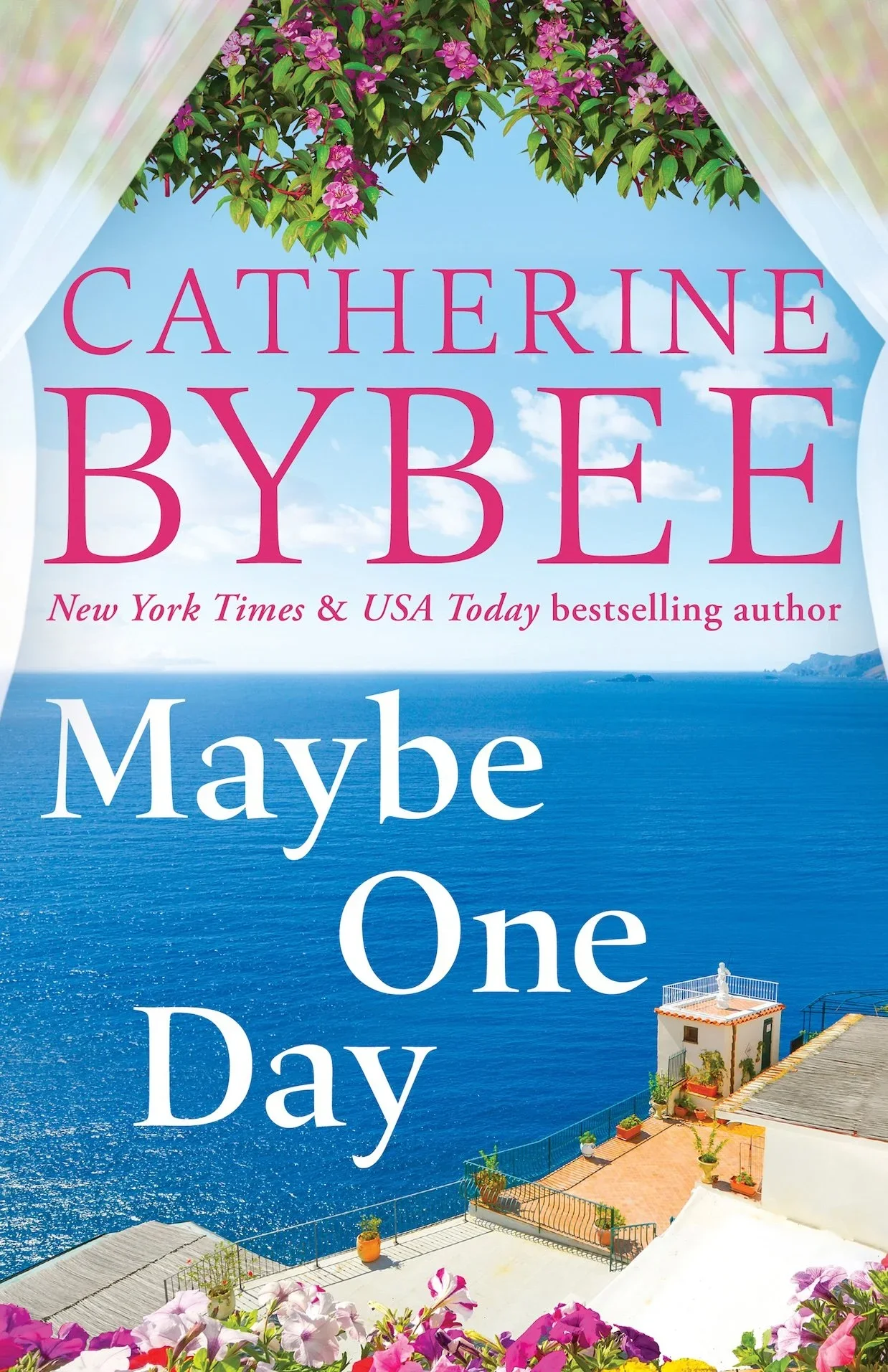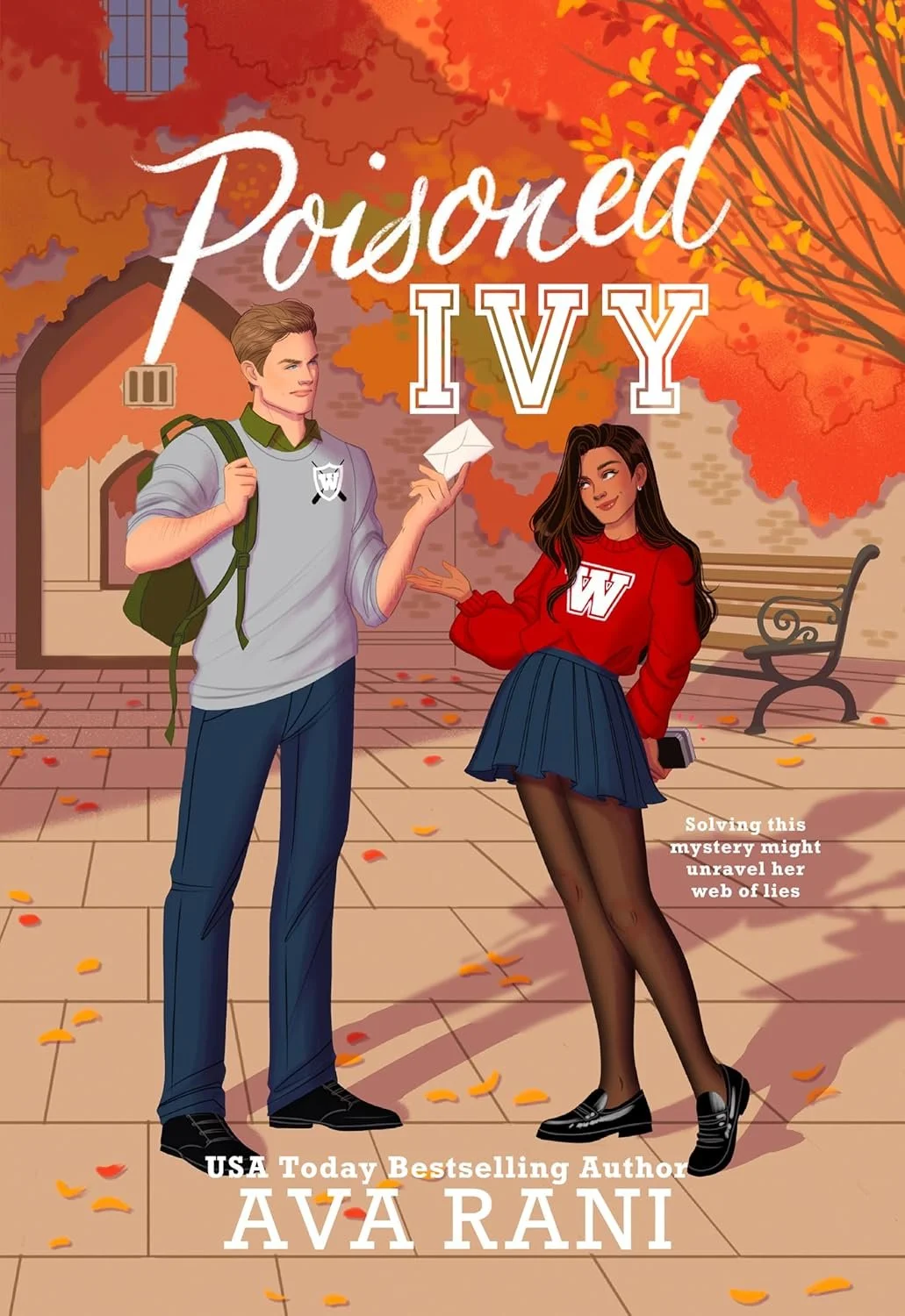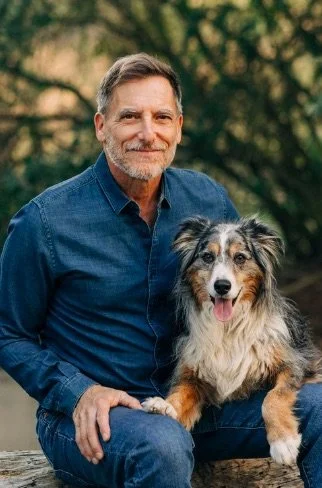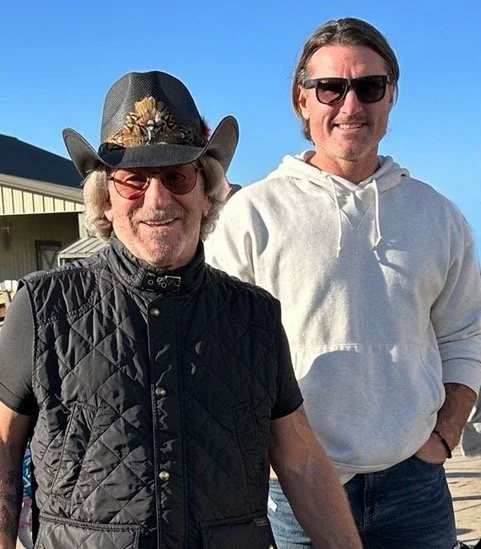Q&A with Zhang Ling, Where Waters Meets
/How did you find the experience of writing a novel not in your native language? Were there any unexpected challenges or surprises?
The biggest challenge is to find exact words, phrases, and expressions to state culturally non-English concepts. In addition, the decision on where to elaborate and where to be cursory can be tricky, too. Some historical events are well known to Chinese readers, and thus no lengthy background introduction is needed. Yet an elaborate description might be necessary for English readers. I have to fight hard against the temptation to insert footnotes. Eventually I’ve decided to stay away from footnotes and weave background information into the narrative, despite the risk of potentially running into a cumbersome sentence.
However, there are pleasant surprises as well. A different language brings in a new sense of rhythm, contextual associations, and musicality, which rejuvenate me as a writer. When I am experimenting for the first time with a language which I’ve always used for practical purpose, strangely I feel restricted and liberated at the same time.
How does language shape our perception of ourselves and the world around us?
A language is not just a collection of words and a set of grammatical, phonetical and syntaxial rules, it also carries with it rich cultural, historical, and social implications particular to the group of people who use it. When we switch from one language to another, we become aware of, to various degrees, these implications as an inherent part of the language we choose. Writing in two languages gives us an extra eye to perceive ourselves as well as the world around us. This third eye helps us to discover not only the differences, but also the overlapping areas, between the two languages.
When we start to explore these areas, we oftentimes find unexpected pathways to the depths of human minds. One’s first language gives one a sense of belonging and rootedness which unfortunately gets lost in a second language. In a second language, one feels a little drifty and uncertain. However, this sense of uncertainty and rootlessness might unexpectedly lead to a rekindled motivation for adventure and risk-taking.
As well as being an author, you’ve also worked as a clinical audiologist with refugees who have experienced trauma from war and displacement. How has this influenced your writing?
I had worked for 17 years as a clinical audiologist before I became a fulltime writer. Looking back, I am very grateful that my profession not only supported me financially but also opened up a door for me to perceive the depth and diversity of human experiences. At different points of my audiologist career, I had seen veterans from WWI, WWII, the Korean War, the Vietnam War and the more recent wars in Afghan and the Middle East. I also had the opportunity to treat refuges from war-torn and disaster-stricken countries. I saw with my own eyes how these people struggle to come to terms with the impacts of their traumatic experiences, which have in various ways affected their relationship with the world as well as themselves. Their survival stories have become a great inspiration for me, motivating me to explore the theme of war, trauma, and healing.
What are the most interesting lessons you’ve learned from your work speaking to veterans and refugees?
I’ve learned not to jump to any hasty conclusions about what I see on the surface. People who have experienced trauma may not perceive the world quite the same way. Oftentimes, the changes caused by traumatic experiences are compounded by the fact that people have to relate their needs and views in a foreign language. It’s quite easy for us to perceive the loss of one’s home, family members and properties as a form of trauma, but we don’t automatically associate losing one’s native tongue with trauma. It’s hard to imagine the feeling of one’s brain constantly searching for his tongue, which is exactly what’s happening when one can no longer communicate his physical and emotional needs in a language he is born with. I have learned to be sensitive to social aphasia which is a more subtle form of trauma.
Your novella Aftershock was adapted into a film in 2010 and was a huge success in China. How did it feel to see your story through the lens of film?
When Aftershock was first published, I was a relatively unknown author. Much to my surprise, several top-rated Chinese directors simultaneously expressed their interest in a movie deal. Having your work presented in a different art form is exciting, and the excitement is redoubled when you discover some of the movie-goers are turned into your readers through watching the movie. It was at the Toronto International Film Festival that I watched the movie for the first time. It’s surreal to see people filling every seat in a huge theatre, laughing and shedding tears as the story unfolded. For a while I couldn’t believe such a huge production (China’s first IMAX movie) was actually based (although loosely) on my work. However, even then I was clear-headed enough to know that whatever success the movie had achieved would not sustain me for long as a fiction writer, and the movie audience’s reactions, positive or negative, should not cloud my artistic judgement. There are things I’d like to stick to in order to reach my ultimate goal as a unique author.
BTW, Aftershock is currently being translated into English. Hopefully we’ll see the English edition soon.
Where Waters Meet focuses on the relationship between a mother and a daughter. Why do you think this dynamic is so compelling, and what drew you to write about this topic?
I grew up surrounded by strong women in my extended family. My maternal grandmother gave birth to 11 children (in addition to a few miscarriages) through wars and incessant social turmoil. The fact that ten of them survived to adulthood is nothing short of a miracle as infant mortality rate was very high in those days. With unbelievable courage, tenacity, and a great deal of common sense, she kept this huge family afloat against all sorts of social unrest and economic hardship. My mother and her siblings (boys and girls alike) all received good education relative to their time. Ever since the beginning of my memory, my mother has been telling me the remarkable survival stories of the women in her family, which have become a great source of inspiration for my writing. Although Rain in Where Waters Meet and Swallow in A Single Swallow are fictional characters, they are a true reflection of these women in spirit.
About the Book
A daughter discovers the dramatic history that shaped her mother's secret life in an emotional and immersive novel by Zhang Ling, the bestselling author of A Single Swallow.
There was rarely a time when Phoenix Yuan-Whyller's mother, Rain, didn't live with her. Even when Phoenix got married, Rain, who followed her from China to Toronto, came to share Phoenix's life. Now at the age of eighty-three, Rain's unexpected death ushers in a heartrending separation.
Struggling with the loss, Phoenix comes across her mother's suitcase--a memory box Rain had brought from home. Inside, Phoenix finds two old photographs and a decorative bottle holding a crystallized powder. Her auntie Mei tells her these missing pieces of her mother's early life can only be explained when they meet, and so, clutching her mother's ashes, Phoenix boards a plane for China. What at first seems like a daughter's quest to uncover a mother's secrets becomes a startling journey of self-discovery.
Told across decades and continents, Zhang Ling's exquisite novel is a tale of extraordinary courage and survival. It illuminates the resilience of humanity, the brutalities of life, the secrets we keep and those we share, and the driving forces it takes to survive.
You can get your copy on Amazon, Audible or Bookshop.org.
